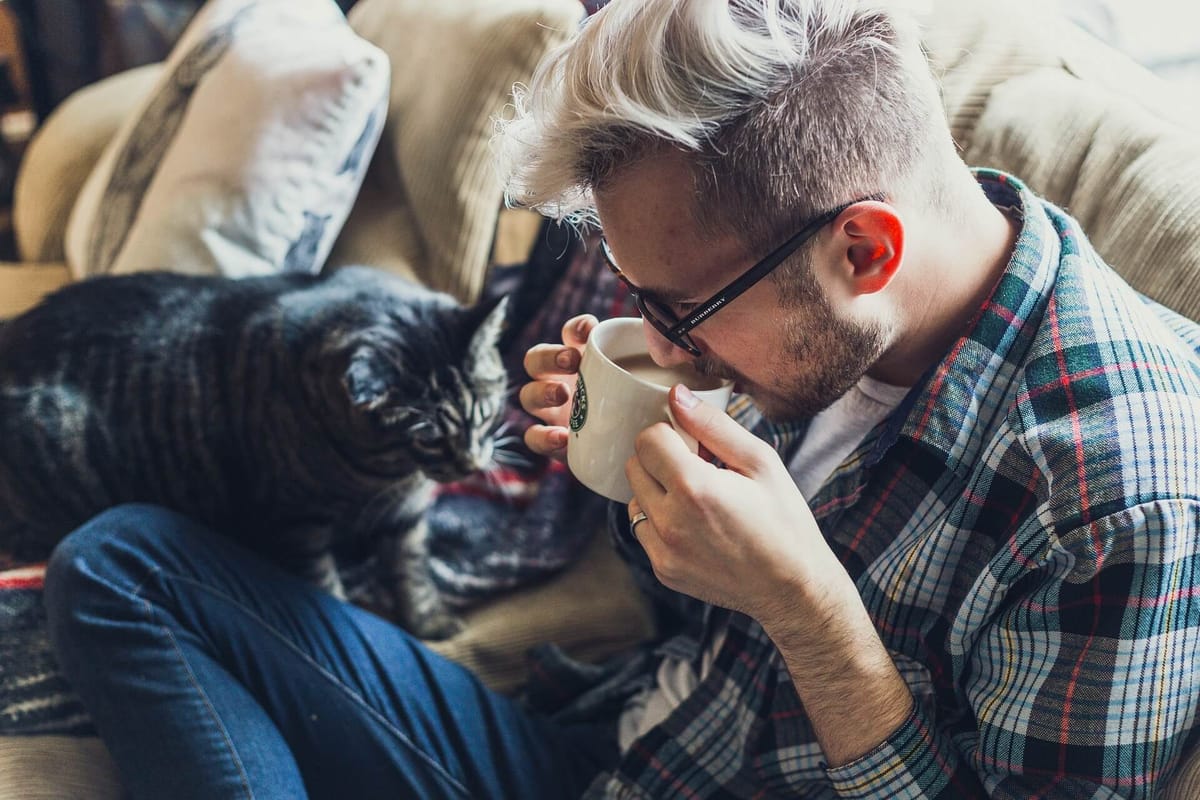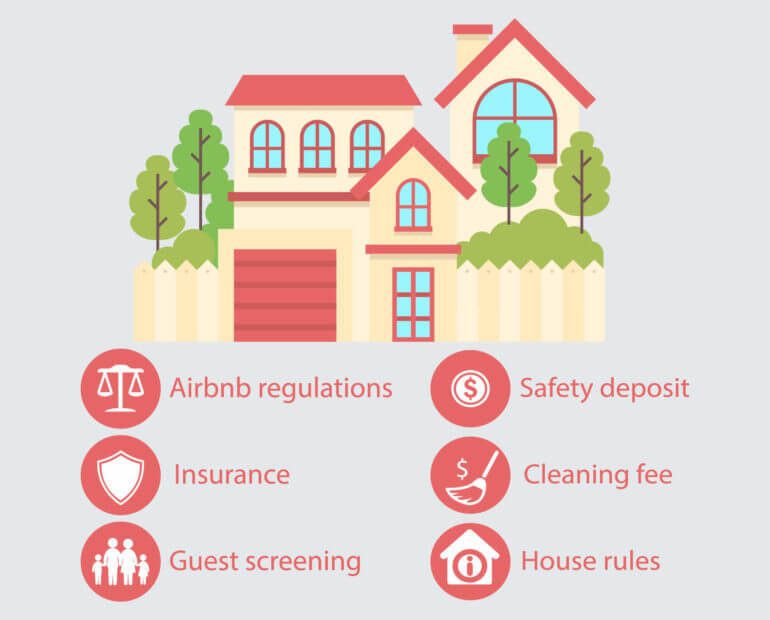Stop Worrying About Your Vacation Rental Properties: 6 Tips to Be on the Safe Side

Is your Airbnb business keeping you up at night? Like any business, an Airbnb business has its risks. The more vacation rental properties you own, the more risk you take on. As the number of listings grows, so do your headaches.
Running a hospitality business is profitable but if you’re worried about all of the things that could go wrong, we’re here to help you find some relief. Most Airbnb business owners worry about the areas in which they lack proper protection in the event something goes wrong.
Here is a to-do list to help you get your business in order.
Tip #1: Get Proper Business Insurance

Is Airbnb insurance enough to protect your vacation rental properties? Not quite. Although it is better than nothing.
As an Airbnb host, you should be aware of the fact that your homeowner’s or renter’s insurance policy isn’t going to cover you. Along with Airbnb insurance, you need to have your own business insurance.
The one major issue that many newbie Airbnb hosts tend to overlook is the fact that all homeowner’s insurance policies come with a “business pursuit’s exclusion.” This means that any claim that involves your Airbnb vacation rental properties will be automatically denied by your insurance company once they find out you’ve been renting your place out on Airbnb.
A similar issue also applies to renter’s insurance policies. With a renter’s insurance policy comes the issue of how the insurance company defines the word residence. When an Airbnb guest stays at your place, it isn’t their residence.
Therefore, you need to think of your Airbnb vacation rental properties more as a business rather than a home. To ensure that you’re covered, you need to buy a business insurance policy.
However, if you also use your vacation rental properties as your personal residences, make sure to purchase personal liability when you purchase a homeowner’s insurance policy so that you’re covered for any personal negligence.
Find a trustworthy professional insurance agent that is familiar with your specific situation and let them handle the rest. They’ll also know what riders and addenda you need to add on to your policy, if necessary, in order to protect your vacation rental business.
For additional protection, you may also want to consider setting up an LLC to protect your personal assets. By doing this, you’ll make it harder for a creditor to get access to your personal assets in the event a legal issue arises with your Airbnb business.
Tip #2: Stay on Top of Airbnb Regulations in Your City
Is Airbnb legal in your city? Airbnb may be regulated very differently depending on where you live. There’s no one-size-fits-all set of rules when it comes to your location and doing business with Airbnb.
Make sure that you don’t break the law. You should also contact your local tax authority to find out what rules apply to your Airbnb vacation rental properties. For a quick rundown of where Airbnb is actually illegal, you can use this map to get an up-to-date look at where Airbnb is currently illegal.
Make sure that you check at least every few months. In major cities, the laws are constantly shifting regarding vacation rental properties and you’ll need to make sure that you are in compliance in order to operate your business legally.
Tip #3: Screen Your Guests Carefully
Make sure that you spend ample time reviewing your guests’ ratings. Rooting out potential problem guests before they arrive is the best way to avoid a major headache later on. Ask them to sign a rental agreement if they plan to stay long term. You can also ask them for additional information if you’re unsure about them. However, don’t try to communicate with them outside of Airbnb and explain to a guest seeking to do that why it is not acceptable
Tip #4: Add a Safety Deposit to Your Vacation Rental Properties
One of the rules that you might want to consider is that you collect a safety deposit from your guests. In the majority of cases, you’ll find that they’ll have few objections to paying. The guests that typically don’t want to pay are the ones that are likely to leave a mess or cause damage to your vacation rental properties. Set the security deposit for each of your listings at $100 minimum or more depending on your Airbnb pricing.
Tip #5: Charge a Cleaning Fee
Including a cleaning fee in each of your listings is another way to take the burden off yourself when it comes to getting your property back in order after a guest has stayed. Guests might not treat your property well or they could even have parties against your wishes. So protect yourself with a cleaning fee that is applied to the booking.
Tip #6: Make House Rules and Safety Instructions
Make sure that your guests know the rules to follow when they stay at your vacation rental properties. It will also help them to feel safe and comfortable while staying at your place. Write them as detailed as possible and have them printed out in your apartment.
Play safe and keep calm. This way your vacation rental business will generate more revenue than headaches.







![Your Monthly iGMS Roundup [February 2020]](/content/images/size/w600/wordpress/2020/02/igms-roundup-feb-2020-cover.png)

